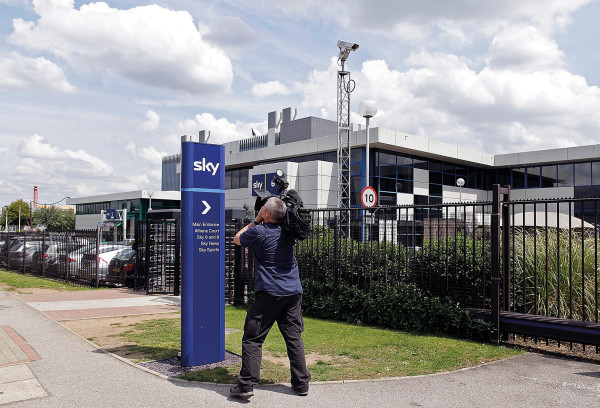

Pyrford Global Total Return manager Tony Cousins has reduced equity exposure to levels not seen since the financial crash amid what he described as “horrendously overvalued” stockmarket valuations.
Mr Cousins, who works on the £2.5bn absolute return strategy and is chief investment officer at Pyrford, part of BMO Global Asset Management, had used the sell-off witnessed in the opening months of 2016 to up his equity weighting for the first time in seven years.
However, he has since pared this exposure back to 30 per cent – the same bearish weighting he adopted in the run-up to the global financial crisis, when global equities subsequently fell almost 50 per cent in 18 months.
“The equities we bought [in 2016] we sold again,” he said. “We are back down to the same equity weighting, 30 per cent, on the basis that equities are horrendously overvalued.”
Mr Cousins reduced exposure “across the board” within the asset class, as well as selling specific positions including broadcaster Sky.
Mainstream markets have drifted steadily upwards for much of 2017. Year to date the S&P 500 has returned 4 per cent in sterling terms, while the FTSE 100 has risen by 4.7 per cent. But Mr Cousins said he could further reduce his equity exposure if his concerns persist.
“There are lots of problems in the world, with debt, and Brexit, and lack of growth,” he said.
“This [30 per cent level] isn’t a floor for this fund. If [risks] got more elevated we would bring it down to 25 per cent.”
“We would like to own more equities but they need to be cheaper. We would like for the FTSE to be below 6,000 before we we’re prepared to go back in,” he added.
Mr Cousins is more optimistic on certain individual names. In the past year he has initiated a handful of equity positions, including inspection and testing name Bureau Veritas and Imperial Brands. He still favours Asia ex Japan, which he views as a “beacon of the world” in part due to its favourable demographics.
Another area of focus has been the currency space. Before last year’s Brexit vote the manager had significant exposure to foreign currencies but has since unwound much of this, bringing unhedged foreign exposure down from 38 per cent to 10 per cent.
“We went into the Brexit vote with a high exposure to unhedged foreign currency. We weren’t forecasting a vote for Brexit. It’s simply that sterling was overvalued. Our view was sterling needed to sell whether we voted Brexit or not,” he said.
“We then cut the unhedged foreign currency exposure. We sold all our US dollar bonds and repatriated to short UK gilts. We hedged Australian dollar exposure and we hedged Canadian dollar exposure.”
However, the manager is reluctant to forecast a floor for sterling’s value. “Sterling is a very cheap currency now. It doesn’t mean it couldn’t go lower,” he said.



